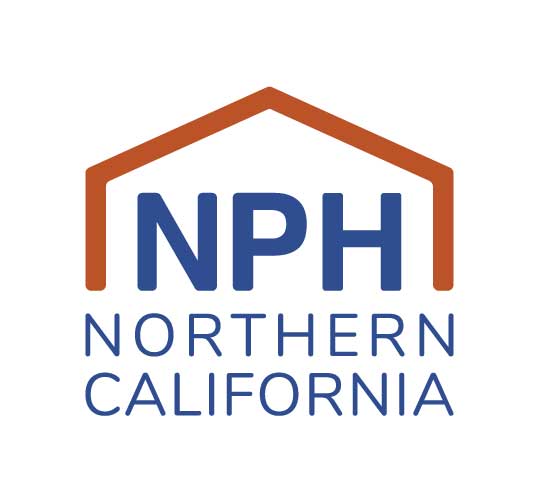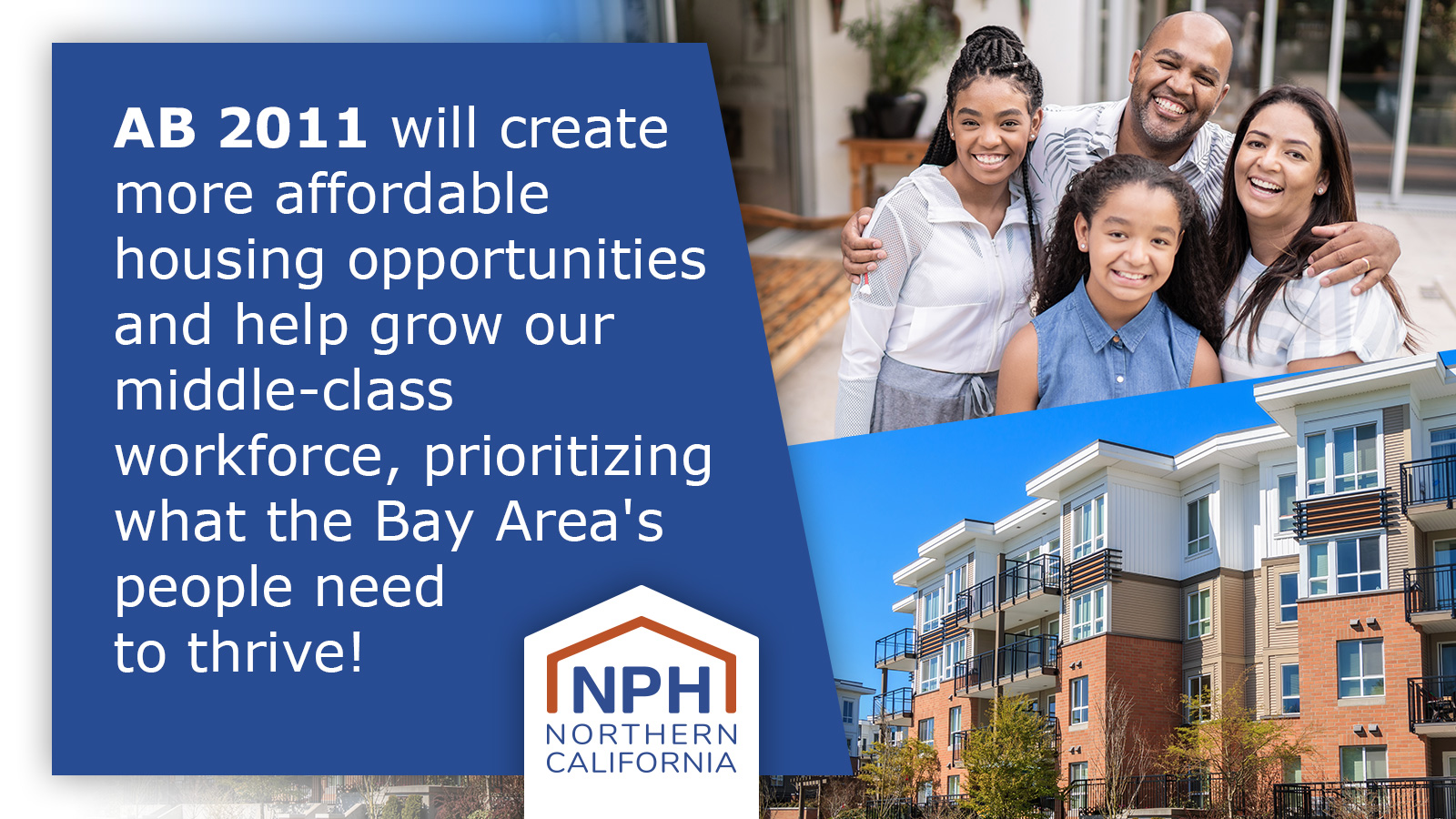 | | Hi John, Great news: a critical bill that signals a new chapter for affordable housing solutions has been signed into law! Today, Governor Gavin Newsom signed AB 2011 (Wicks), a powerful bill built around a simple idea: it pairs new opportunities to build affordable housing on underutilized commercial sites with unprecedented labor standards that ensure all construction workers earn prevailing wages and receive health benefits. |
| | We did not get here overnight. The signage of AB 2011 caps off years of advocacy by you and me, the affordable housing movement and industry in the Bay Area, as we worked together to find solutions alongside our partners in the labor sector. |
| | |  | | The Problem-Solving Power of AB 2011 As you know, housing production legislation has stalled at the state level for the past several years, as lawmakers have been working to broker a plan that satisfies the mutually important goals to create significantly more affordable housing effectively and efficiently while also strengthening worker rights and wages. AB 2011 opens up tens of thousands of acres of land for production while making sure that developers meet a range of responsible wage and training standards. Thank You to Our AB 2011 Champions! This bill could not have passed without the strength and courage of our author and champion Assemblymember Buffy Wicks and the broad coalition assembled to advance this bill. We worked alongside our affordable housing colleagues, union leaders like the California Carpenters and SEIU, homelessness advocates, and many city leaders in the Bay Area to make this happen! |
| The Details: AB 2011 AB 2011 allows housing to be built in commercial areas currently zoned for office, retail, and parking uses: - 100% affordable housing will be allowed anywhere in these areas that are not adjacent to industrial land. It will be affordable for 55 years.
- Mixed-income housing (at least 15% affordable or including at least 13% deeply affordable units) will be focused along commercial corridors that are wide enough to accommodate density and new transit.
- For sale projects could, alternatively, provide 30% of their units for moderate-income households.
To access the streamlining provisions of AB 2011, the bill requires developers to meet a range of responsible wage and training standards: - A prevailing wage is required on all projects.
- For projects of 50 or more units, health benefits for workers are required.
- All contractors must either participate in a state-approved apprenticeship program or request the dispatch of apprentices from a program. If no apprentice workers are available, the project can still move forward.
- The bill also includes new enforcement mechanisms to ensure these payroll and benefits requirements are being met.
AB 2011 becomes operative on July 1, 2023 and has a 10-year sunset date. |
| Thank you, John, for your patience, investment, effort, and advocacy to help us get AB 2011 across the finish line! |
| Onward,  Abram Diaz, Abram Diaz,
NPH Policy Director |
|
|
| | Contact Us Non-Profit Housing Association of Northern California (NPH)
369 Pine Street, Suite 350 San Francisco, California 94104
415-989-8160 | [email protected] |
| |
|
| |
|
|